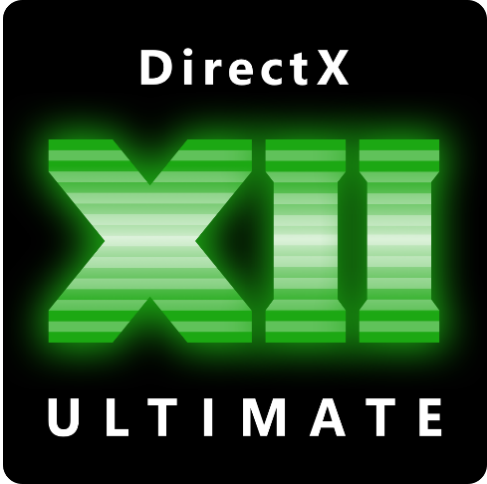- Joined
- Sep 1, 2020
- Messages
- 2,673 (1.56/day)
- Location
- Bulgaria
I find a partial answer of this question in one of competitive forums. Will not make advertising of it's name. Here is this answer:
What you think about?
Loading times in games are caused by:
- decompression, responsible for about 30% of loading times
- drm like Denuvo, responsible for about 40%-60% of loading times
What you think about?







